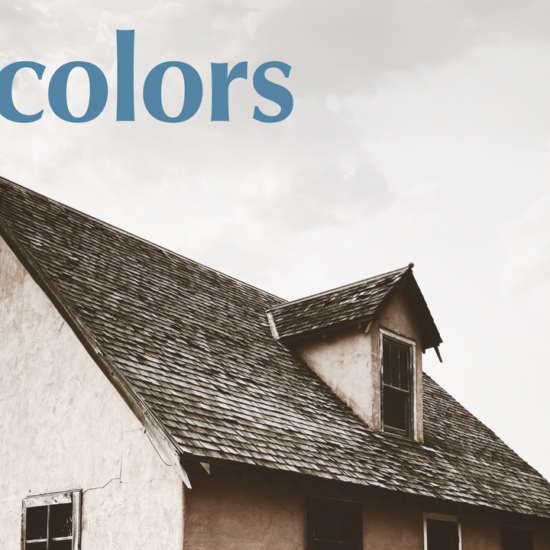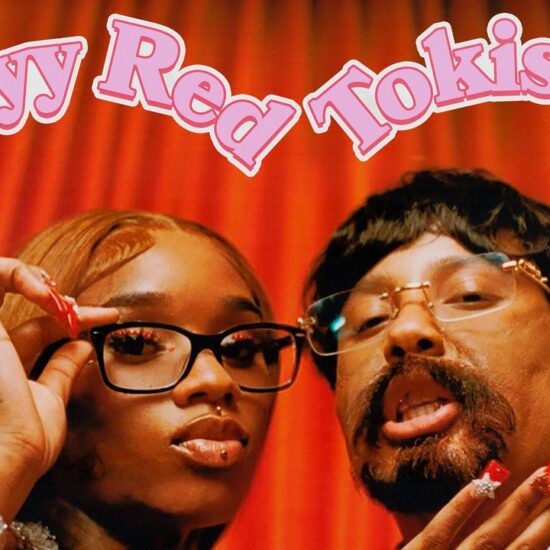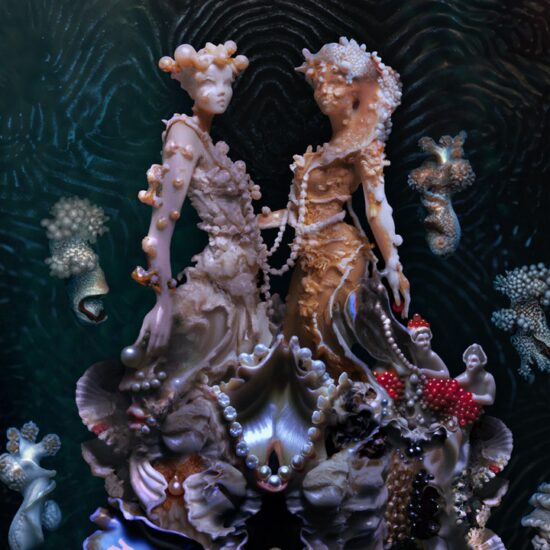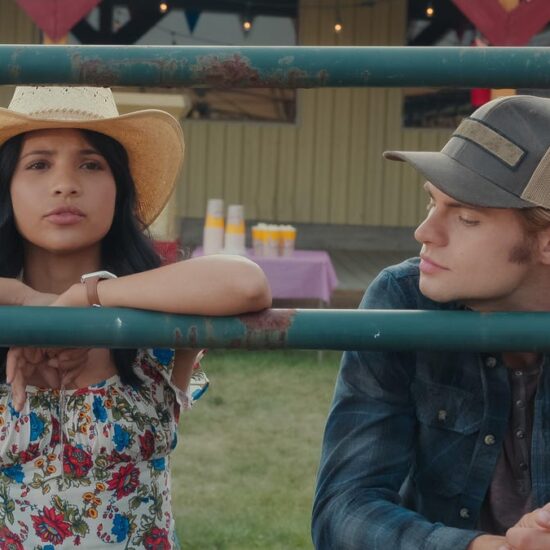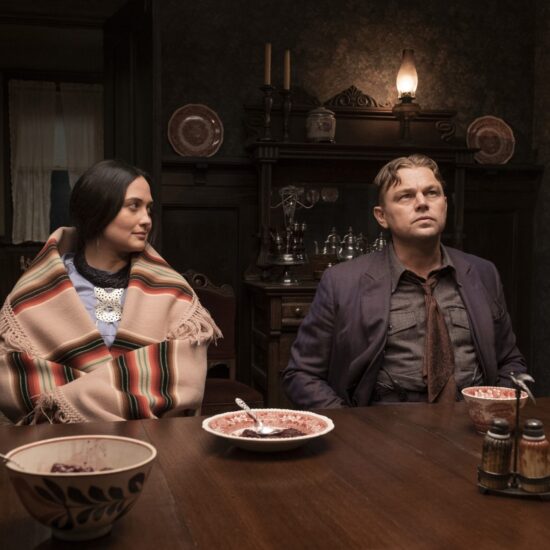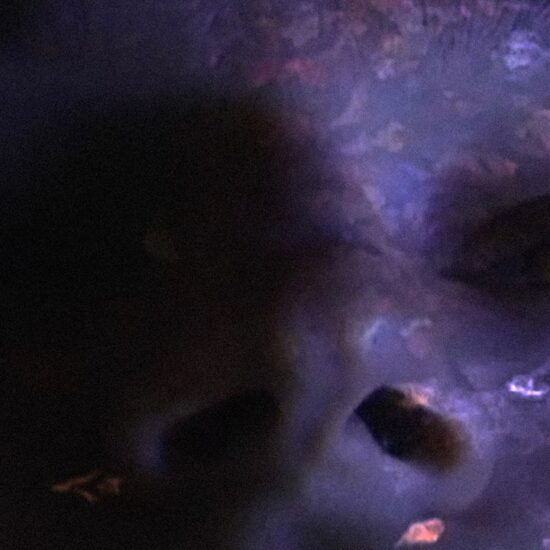It could be that after 13 years of walker-stomping and a steep decline in viewership that led to its finale last year, AMC’s foundational post-apocalyptic series The Walking Dead is looking to shake things up. The work to breathe some life into Dead began in earnest with this summer’s first post-finale spin-off, The Walking Dead: Dead City, which, for now, has given the franchise a tenuous stay of execution. But AMC needs a rejuvenating hit, which puts a lot of pressure on the tanned shoulders of Daryl Dixon (Norman Reedus), who begins his solo adventures in France (of all places) in The Walking Dead: Daryl Dixon come September 10. (AMC: Let’s talk about these titles.)
If there’s one character from TWD that would thrive in a fish-out-of-water narrative—in Gay Paree, yet!—it would undoubtedly be Reedus’ surly, crossbow-wielding survivalist. It doesn’t take much imagination to visualize how this tough customer might attempt to parse sophisticated French customs or butcher the country’s musical language with his scorched Southern drawl. It’s a goofy concept, but it has potential. When you watch all six episodes in this debut season, however, Daryl’s relocation simply isn’t the paradigm-shifting change TWD needs. It’s just a superficial one.
The inaugural episode, titled “L’âme Perdue” (“The Lost Soul,” groan), begins with Daryl unconsciously drifting into the bay of Marseille. How he got there from his Commonwealth home in Ohio is a mystery kept by the reliably mum Dixon. (“I went out looking for somethin’,” he says early on. “All I found was trouble.”) The series eventually spills the beans as it ambles along, albeit in a slow information drip-feed that might leave you malnourished. But, in the grand tapestry of things, the hows of Daryl’s Parisian escapade pale against whether or not he’ll wind his way back home—or if he’ll even want to before season’s end.
So, how’s Paris holding up in the apocalypse? Better than you’d expect. The Republic is divided into survivalist groups, each thriving in their way, complete with champagne and varying degrees of plumbing and electricity; one lucky group boasts a working VCR that’s exclusively screening reruns of Mork And Mindy. (Why Mork And Mindy, we cannot tell you.) The country is a chaotic mix of debris and graffiti, marking faction territories. Amid the noise, one message stands out on flyers: “Dieu vous aime,” which Daryl interprets (via a handy translator book) as “god loves you.”
He snorts at this, though later he runs across the nun who posted those sheets and changes his tune. Meet Isabelle (Clémence Poésy), a former Parisian partygoer who found her true calling under god through a rote series of walker-related tragedies. Like every French character in this show, Isabelle speaks perfect English, so we never get to experience the joy of watching Daryl fumble through conversations en Français. So, with language hurdles conveniently tossed out the window, Isabelle untangles France’s intricate circumstances for Daryl. As it turns out, her abbey is a cog in the wheel of a larger entity known as “Union D’espoir” (Union of Hope), which believes that humanity’s current walker-besotted dilemma is a test from God.
Here’s where things get a bit squirrelly. Isabelle takes care of Laurent (Louis Puech Scigliuzzi), a gifted, long-locked tyke whose birth from a pregnant walker is considered by many to be a miracle. Laurent is a trip: He can do the Rubik’s cube in 3 minutes and 12 seconds (he says—we never see him do it), can recite the names of all the world’s countries and capitals, and, chiefly, is the most empathetic person on the planet. “I feel your sadness,” Laurent tells Daryl. “You deserve a happy ending.” (Later, when Laurent is out of earshot, Dixon says to Isabelle: “We used to have a kid like that in grade school; used to get his ass kicked a lot.”)
For the betterment of France, this exceptional boy must journey to a far-off place called “The Nest” so that he can grow up to be—get this—the New Messiah fated to lead humanity back from the brink of extinction. How does Daryl fit into all this? Isabelle says he’s “The Messenger,” a pilgrim Laurent dreamt would arrive from the sea to protect him on his path. Because there are six hours to fill, Dixon initially rejects his hero’s call until a pack of mercenaries led by the tattooed Cordon (Romain Levi) descend on Isabelle’s convent to exact revenge on Daryl, who took out two of their men early on. After a swift tussle, Isabelle, Laurent, and a nun named Sylvie (Laika Blanc Francard) begin their long trek to Paris (really a two-episode jaunt), where they’ll find clues to The Nest’s location—as well as Genet (Anne Charrier), one of the series’ many villains, who has plans of her own for Laurent.
It was only a matter of time before dopey things like destiny and prophecy crept into a well-trod saga like The Walking Dead. Daryl Dixon isn’t out to make its hero some sort of born-again figure, which would only nerf the harder edges of this well-established realist, but faith and religion remain omnipresent themes. They’re employed clumsily—one dream sequence sees Laurent pray the walkers away in the show’s attempt to solidify the boy’s messianic status in Daryl’s perception. But it remains ambiguous if Daryl ever gives a rip about the spiritual significance the Union D’espoir bestows upon Laurent. The religious drama belongs to France; Daryl is merely a tourist.
But let’s not forget that, under that miles-long squint, Daryl’s got a heart of gold. Doing right by folks is what he does—no philosophical debates required. So why does Daryl’s solo show veer into power struggles and theological introspections when it could be pitting him against a militarized adversary or the series’ much-touted new walker variants? (On that front, here come the “brûleurs,” walkers with a corrosive touch, who prove to be less of a bother than you’d think.) Don’t worry: The possum-eatin’ Daryl hasn’t suddenly gone urbane. His surroundings certainly have, but Daryl Dixon doesn’t do much with the contrast.
So, how’s the action? Here, Daryl twirls a small spiked mace, which pales compared to the cool lethality of his iconic crossbow. And his choice of weapon is the least of the show’s issues regarding action. During battle, there’s little sense of immediate stakes or even geography. Shoot-outs are a logistical mess to watch play out. Walkers shamble into scenes with laissez-faire disdain (the walkers are real oddballs in this), dispatched with little fuss. When opportunities to stage memorable set pieces pop up, like a rendezvous at the Eiffel Tower halfway through the season, it’s executed more like a rude assembly of gnarled Parisians than a dangerous walker gauntlet. It seems imagination has also become a casualty of the prolonged zombie apocalypse.
That’s not to say Daryl Dixon is without its moments. Once episode five rolls around, with all the characters and scenarios more or less locked into place, Reedus gets a chance to commandeer his series for a spell. AMC has sworn us to secrecy concerning details from this season’s final third—but suffice it to say Reedus’ performance in this episode provides tangible glimmers of what this show could have been.
It would have been almost inconceivable just a few years ago, but the future of The Walking Dead, as we currently know it, is uncertain. It’s not that gore-festooned misery marches have become old hat. If viewers have grown weary of these things, AMC’s prestige competitor didn’t get the memo; the first season of The Last Of Us, HBO’s adaptation of the venerated video-game franchise, only grew in viewership as its debut season went on. After soaking up a few Emmy nominations, its impending second season is looking to gobble up even more of the television/streaming pie—or severed arm, as it were. As the kingpin of televised walker carnage, AMC is right to worry about this upstart horror series cannibalizing its accolades and ratings. Especially if it keeps churning out puzzling dross like Daryl Dixon.
The Walking Dead: Daryl Dixon premieres September 10 on AMC







